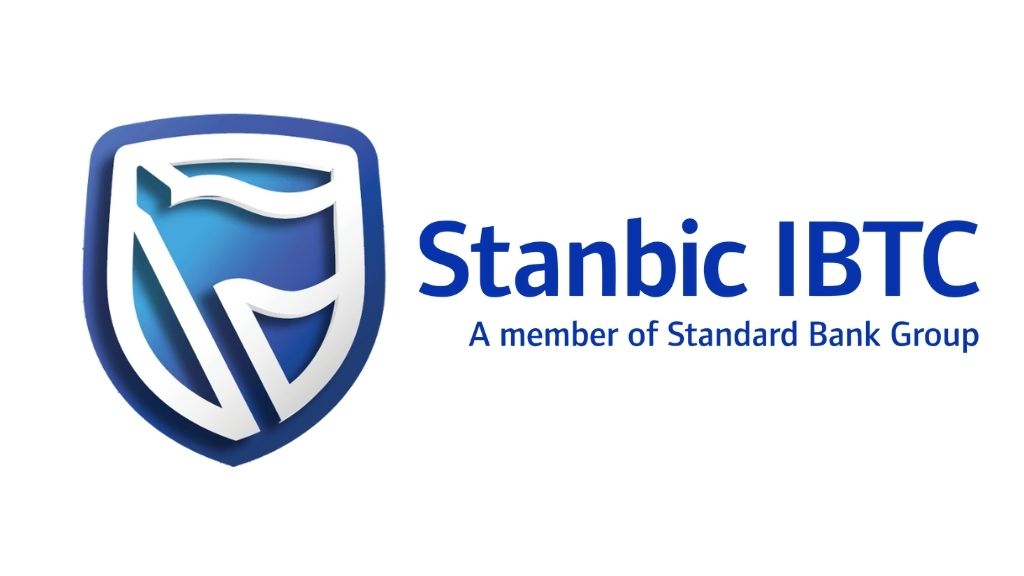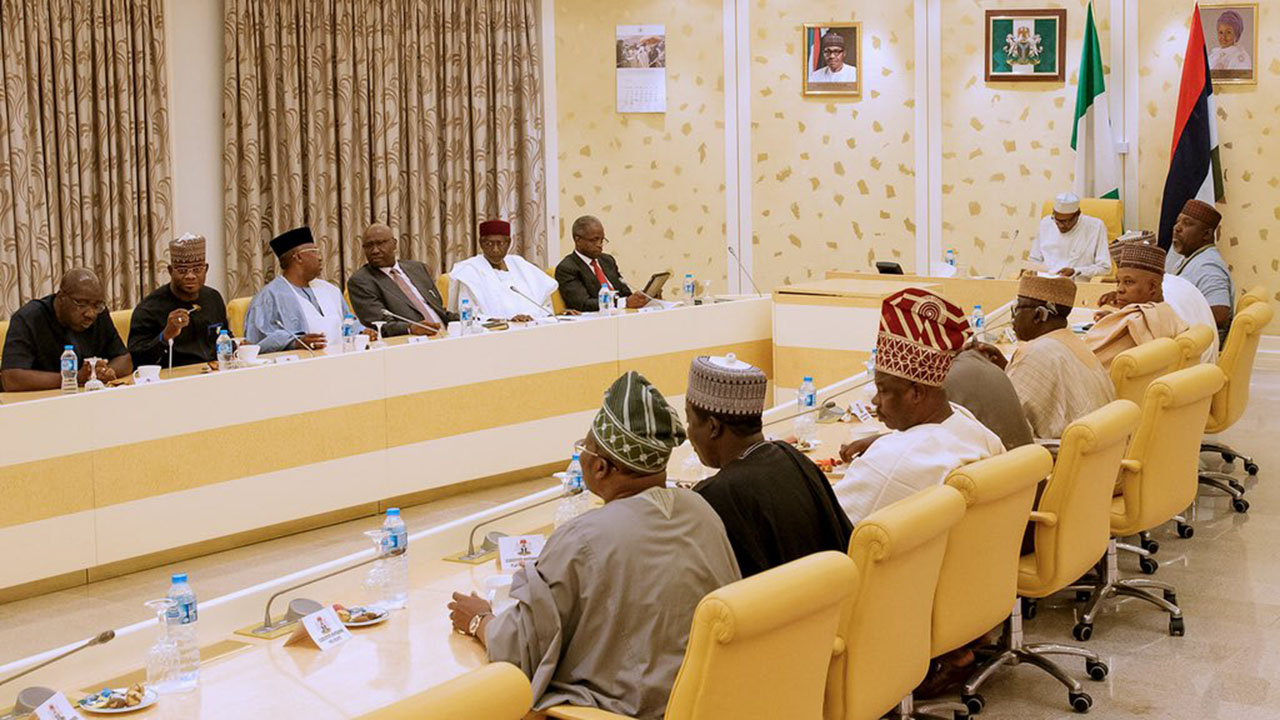Considering the observed weak penetration of knowledge economy, financial inclusion and literacy, the Central bank of Nigeria (CBN) is proposing stand-alone Financial Education Curriculum (FEC) and its guide, effective 2017/2018 curricular.
This was revealed by the Director, Consumer Protection Department, CBN, Umma Dutse who spoke at the critique and editorial workshop for the development of teachers’ guide held in Lagos recently.
In his submission, he argued that financial education would fast track government’s target of reducing the number of Nigerians excluded from the financial system from 46.3 per cent in 2010 to 20 per cent in 2020.
To her, lack of consumer sophistication was identified as one of the contributory factors to the crises of 2008-2009 that affected the Nigerian capital market.
However, to kick off the needed campaign, she said the CBN and other regulators in the financial ecosystem, according to her, adopted a programme, which emphasised consumer protection and financial literacy.
According to her, “Subsequently, Nigerian financial literacy framework was developed in conjunction with stakeholders, which recognises school children and youths as a major target for financial education. We also recognise the infusion of financial education in the national school curriculum as a primary channel to reaching out to this large group.
“CBN on behalf of the Financial Literacy Working Group of the Financial Inclusion Technical Committee approached the Federal Ministry of Education, and the NERDC earlier this year with a request that financial education be included in school curriculum. Our request was graciously accepted and work commenced with the conduct of the planning and writing workshop for the development of a standard school curriculum by July 2016.
“The process of developing financial education curriculum for schools, takes up to seven to eight years, even 10 years in other places, but barely one year of the commencement of the project, almost all the stages and processes of development and infusion have been accomplished, including obtaining approvals from the highest regulatory body. This achievement is indeed a reference point for other clients to learn from.
In his keynote address, the Executive Secretary, Nigerian Education Research Development Council (NERDC), Prof. Ismail Junaidu, said juxtaposing financial education into the school curriculum would empower students to make informed and appropriate decisions in managing their resources.
He argued further that “Through education, individuals become more aware of financial risks and opportunities and are able to make informed choices and take other effective actions to improve their financial well-being.”








